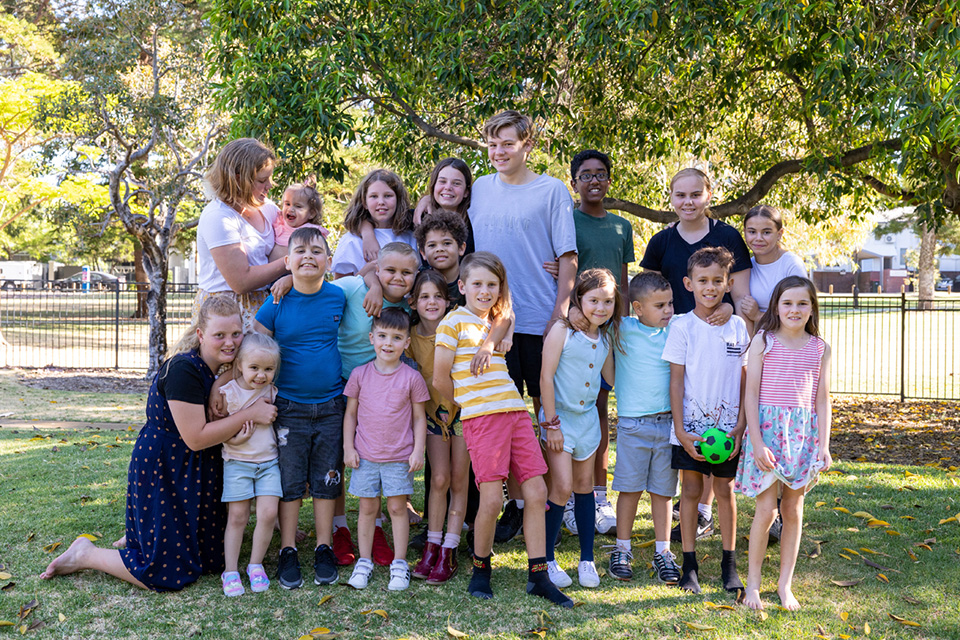Search
The aim of the WEC is to help teachers, school leaders and policy makers better understand and support the wellbeing and engagement of their students.
The goals of the current study were to identify different trajectories of sadness from Grade 6 to 9 in Australian school students, and to explore the role that social support from school, teachers, friends and families play in supporting students’ mental health.
It has been well established that children's development at school entry is associated with their later academic achievement, but less is known about whether there is also an association with other measures of school success, such as students' social and emotional wellbeing.

The Human Development and Community Wellbeing (HDCW) Team focuses on improving outcomes for children, family, and the community.
The Education Department of Western Australia advocates for culturally responsive schools. Aboriginal Indigenous Education Officers are employed by schools to facilitate and enable the potential for Aboriginal school children to thrive in school settings.
Gathering Autistic young people's testimony is critical for understanding their lived experience of education and designing settings in which these students can thrive. Despite increasing knowledge in this field, we lack perspectives from a broad range of Autistic students which necessarily limits our ability to build inclusive, supportive environments for all. This study explored the educational experiences of preschool and school-aged Autistic students from diverse age groups, backgrounds, and educational settings.
Malaria is a leading cause of death in school-aged children in sub-Saharan Africa, and non-fatal chronic malaria infections are associated with anaemia, school absence and decreased learning, preventing children from reaching their full potential. Malaria chemoprevention has led to substantial reductions in malaria in younger children in sub-Saharan Africa.
The prevalence of child and adolescent breakfast skipping is concerning, and limited existing evidence suggests an association between skipping breakfast and negative emotional wellbeing outcomes. However, positive emotional wellbeing outcomes have been neglected from research in this space.
The dual-factor model of mental health proposes that high wellbeing and low distress are necessary to define mental health. This study used latent profile analysis to identify mental health profiles in a sample of 3,587 Australian grade 6 students and explored the association between mental health profiles and school outcomes measured in grades 7 and 9.
Young people’s use of mobile phones and access to the Internet has increased dramatically in the last decade, especially among those aged 9–15 years. Young people now rely on information and communication technology for much of their social interaction, which can have both positive and negative effects on their social and emotional well-being. Of particular concern is the extent to which digital technology (DT) provides opportunities for cyberbullying.
